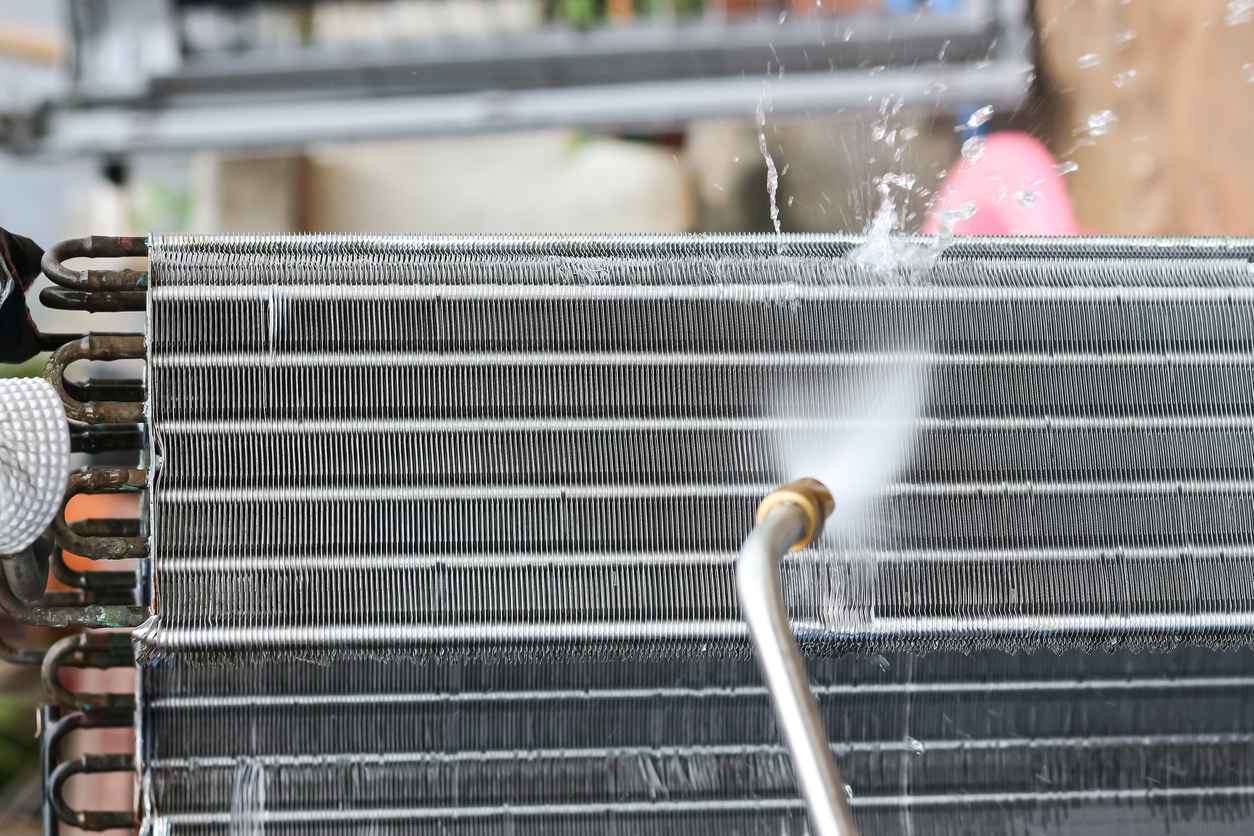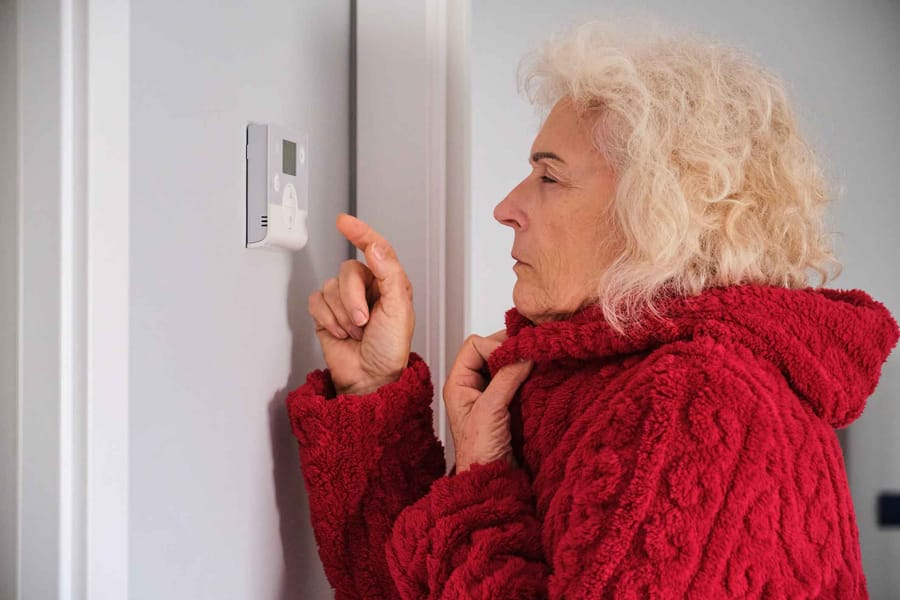
Why Sudden Cold Spells in Central Virginia Overwork Heating Systems
Central Virginia homeowners know that winter weather can change in an instant. One day may feel mild and comfortable, and the next can bring a sharp drop in temperature that has your heating system working overtime. These sudden cold spells not only affect comfort but also put significant stress on furnaces and heat pumps.
When the weather shifts quickly, heating systems must adjust to keep up with the demand. The constant cycling, longer run times, and extra energy needed to maintain consistent indoor temperatures can lead to higher utility bills and unexpected breakdowns.
Understanding why these rapid temperature drops overwork your heating system can help you take preventive steps to protect it. In this blog, SoGood Plumbing, Heating & Air explains how Central Virginia’s unpredictable winters impact HVAC performance and what you can do to keep your home warm without straining your system.
The Science Behind Sudden Cold Spells
Central Virginia’s weather patterns are known for their rapid shifts. One afternoon can bring mild temperatures in the 50s, followed by a night that dips below freezing. These sudden temperature swings can happen several times throughout winter, and they have a direct effect on how heating systems perform.
How Temperature Changes Affect Comfort
When temperatures drop quickly, the air inside your home cools just as fast. Heating systems must cycle more frequently to restore comfortable indoor temperatures, which increases energy demand and mechanical strain.
Thermal Stress on HVAC Components
Heating systems expand and contract as they warm up and cool down, especially metal components like heat exchangers and ducts. Rapid weather changes can accelerate this wear and tear, reducing efficiency and shortening the lifespan of your equipment.
Why Central Virginia Is Especially Vulnerable
The region’s combination of humidity and fluctuating winter temperatures puts unique stress on HVAC systems. Unlike consistently cold climates, Central Virginia homes experience frequent on-and-off heating cycles that challenge both older and newer systems alike.
How Cold Spells Overwork Heating Systems
When a sudden cold front moves through Central Virginia, your heating system instantly faces a surge in demand. The greater the difference between indoor and outdoor temperatures, the harder your system must work to maintain comfort. This increased workload can lead to inefficiency, wear, and even system failure if proper maintenance hasn’t been done.
Longer Heating Cycles and Higher Energy Demand
During extreme temperature drops, your system runs longer and more frequently to keep up. This continuous operation consumes more energy, raising utility bills and placing extra strain on key components such as motors, heat exchangers, and compressors.
Reduced Efficiency from Cold Air Infiltration
Cold air seeping through unsealed windows, doors, and attic spaces makes your furnace or heat pump work even harder to maintain indoor warmth. The constant battle against drafts forces your system to run longer than necessary.
Older or Neglected Systems Struggle the Most
A well-maintained system can handle temporary spikes in workload, but older or poorly maintained units may struggle to keep up. Dirty filters, worn parts, and weak airflow limit efficiency and increase the risk of breakdowns during temperature swings.
Cumulative Stress on Components
Every time your system cycles on and off during a cold spell, the electrical and mechanical components experience wear. Over time, this stress can lead to more frequent repairs and shorten your system’s overall lifespan.
Common Signs Your System is Struggling
When Central Virginia temperatures drop suddenly, your heating system works harder than usual, and if it’s already under strain, it may start to show signs of trouble. Recognizing these early warning signals helps you act before small problems become costly repairs or complete breakdowns.
Longer Run Times
If your heating system runs for long periods but never seems to reach the desired temperature, it may be struggling to keep up with the demand. This is often caused by dirty filters, clogged ducts, or aging components that reduce efficiency.
Uneven Heating or Cold Spots
Rooms that stay chilly even when the heat is running indicate poor airflow or duct leaks. Uneven heating can also suggest your system is undersized or losing heat through gaps in insulation.
Strange Noises or Frequent Cycling
Grinding, banging, or rattling noises are signs of worn or loose components. Frequent cycling can mean your system is overworking or having difficulty maintaining temperature.
Higher Energy Bills
A sudden spike in heating costs is often a clue that your system is running inefficiently. When it takes longer to heat your home, energy consumption increases, and so does your utility bill.
Reduced Airflow
Weak airflow from vents can signal a clogged filter, blocked ductwork, or failing blower motor. When airflow is restricted, your system must work harder to distribute warm air.
Maintenance Habits that Prevent Overwork
While sudden cold spells are unavoidable, you can take simple steps to keep your heating system from being overworked. Regular maintenance and good household habits help your system handle temperature swings more efficiently and reduce the risk of mid-season breakdowns.
Replace Air Filters Frequently
Dirty air filters restrict airflow, forcing your heating system to work harder and run longer. Check filters monthly during the winter and replace them every one to three months, depending on usage and household conditions.
Schedule Regular Tune-Ups
Professional maintenance ensures your furnace or heat pump is clean, properly calibrated, and running safely. Technicians inspect components, check for wear, and verify that your system is ready to perform efficiently before cold weather arrives.
Check Thermostat Settings
Make sure your thermostat is set to “heat” mode and functioning correctly before the first cold snap. Consider upgrading to a programmable or smart thermostat to reduce energy use and keep indoor temperatures stable.
Seal Air Leaks and Improve Insulation
Even the best heating system can’t perform well if warm air is escaping through leaks. Sealing windows, doors, and ductwork and improving insulation help maintain indoor warmth and reduce system workload.
Keep Vents and Returns Clear
Blocked vents make it harder for your system to circulate air evenly. Move furniture, curtains, and rugs away from vents to allow proper airflow and more consistent heating.
Why Professional Service Makes a Difference
While regular homeowner maintenance is essential, professional HVAC service provides the deeper care and precision your heating system needs to handle Central Virginia’s extreme temperature swings. Certified technicians can identify problems early, optimize performance, and prevent your system from overworking when the next cold spell hits. Professional maintenance is an investment that pays off in comfort, reliability, and lower repair costs, all while helping your heating system handle Central Virginia’s unpredictable winters.
Keep Your Central Virginia Home Warm and Your Heating System Strong
Central Virginia’s unpredictable winters can take a toll on even the best heating systems. Rapid temperature drops force your furnace or heat pump to work harder, which can lead to wear, inefficiency, and unexpected repairs if the system isn’t properly maintained.
By keeping up with regular maintenance, sealing air leaks, and scheduling professional service before the coldest days arrive, you can reduce strain on your system and maintain consistent comfort all season long. Small preventive steps go a long way toward improving efficiency and extending your system’s lifespan.
For expert heating maintenance, repair, and tune-ups, contact SoGood Plumbing, Heating & Air. We help Central Virginia homeowners prepare for sudden cold spells with professional care, reliable service, and year-round comfort solutions.
Recent News
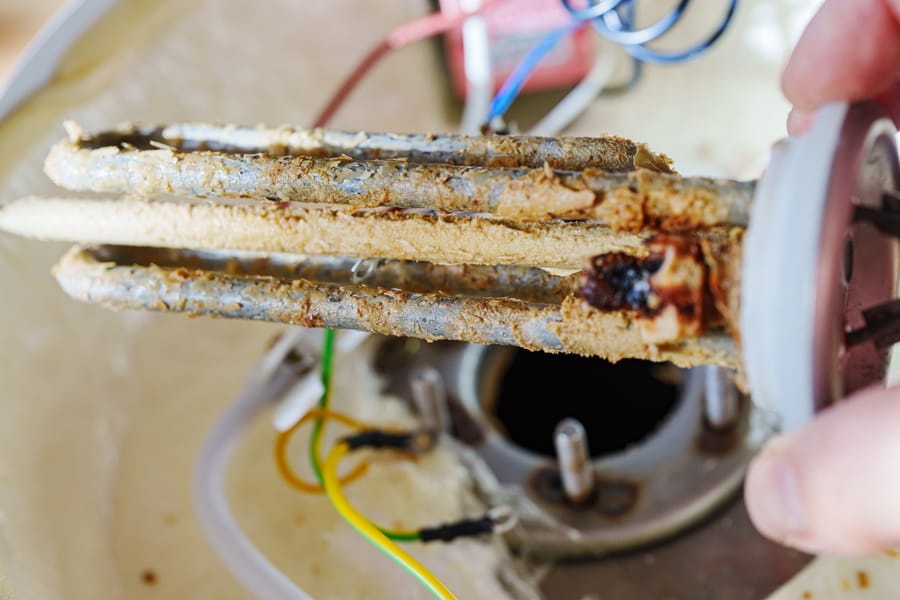
Hard Water vs. Your Water Heater: Why Chesterfield & Hanover Homes Need a Protective Strategy
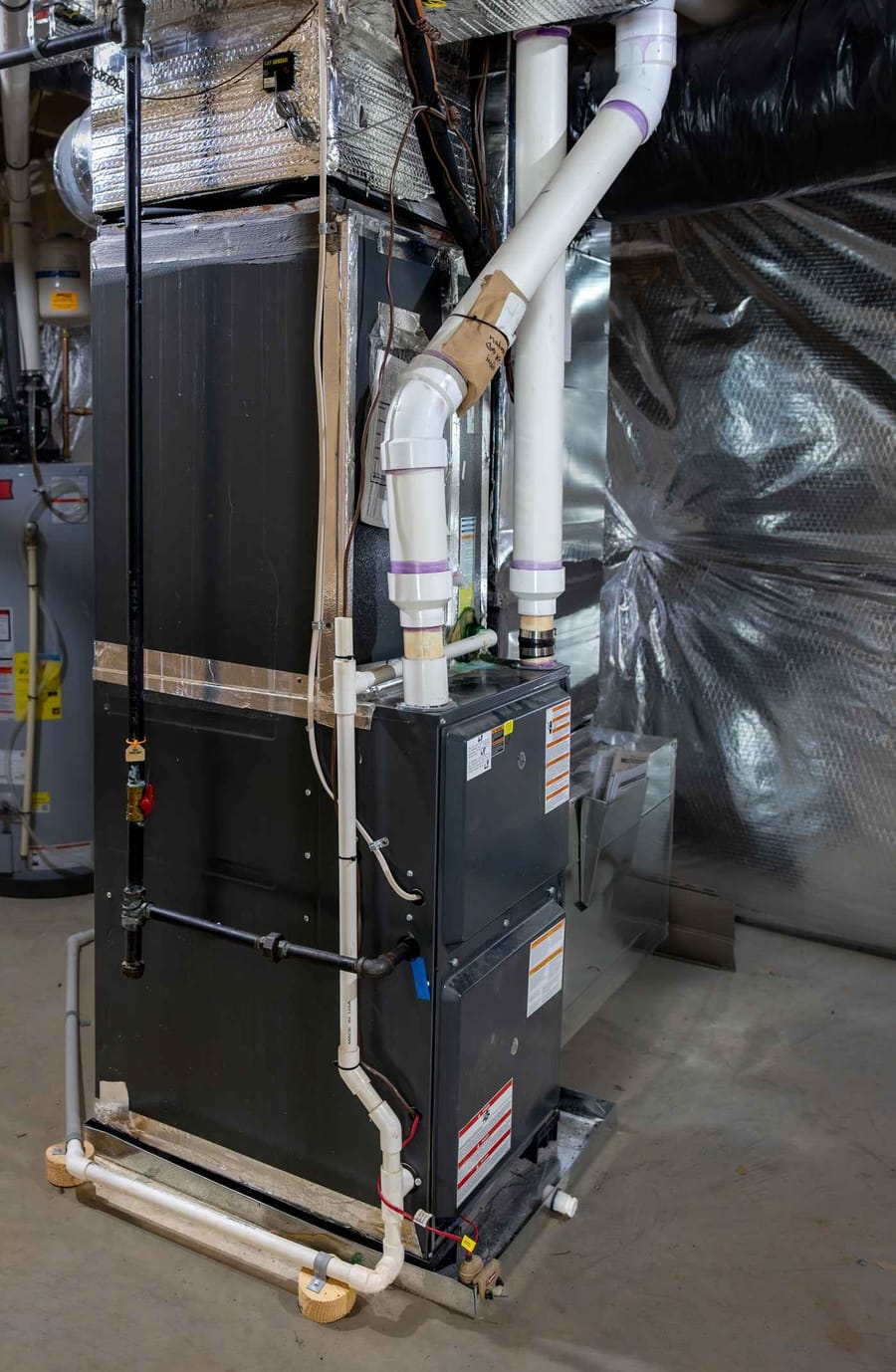
When to Replace Your Furnace vs Repair: Central Virginia Edition
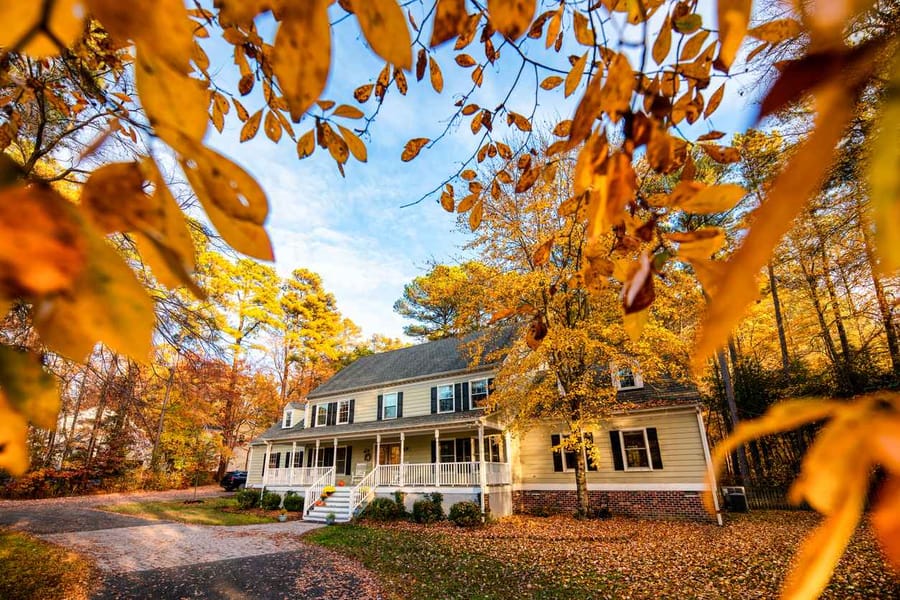
How Richmond’s Aging Homes Create Hidden Plumbing Challenges in Winter
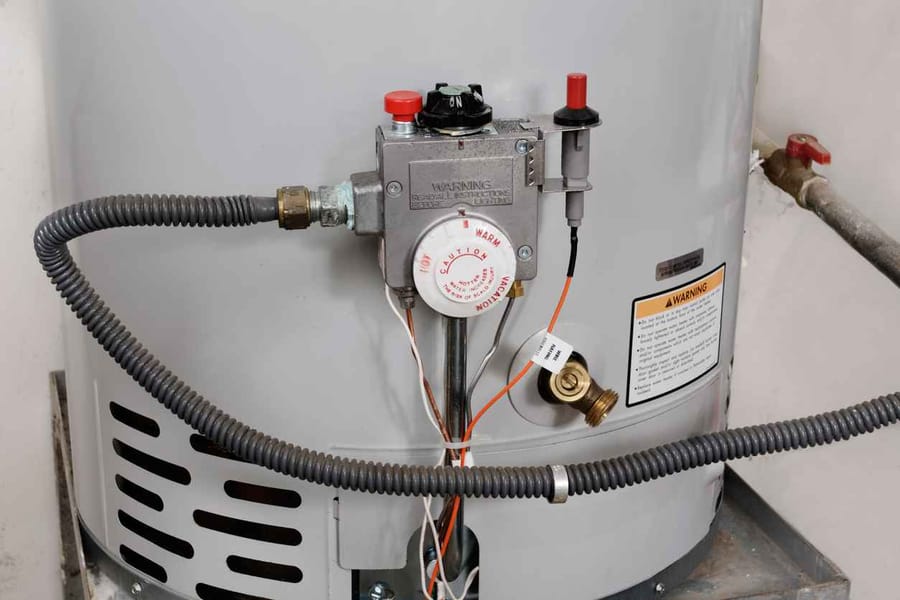
Is It Time to Replace Your Water Heater? 6 Signs RVA Homeowners Shouldn’t Ignore
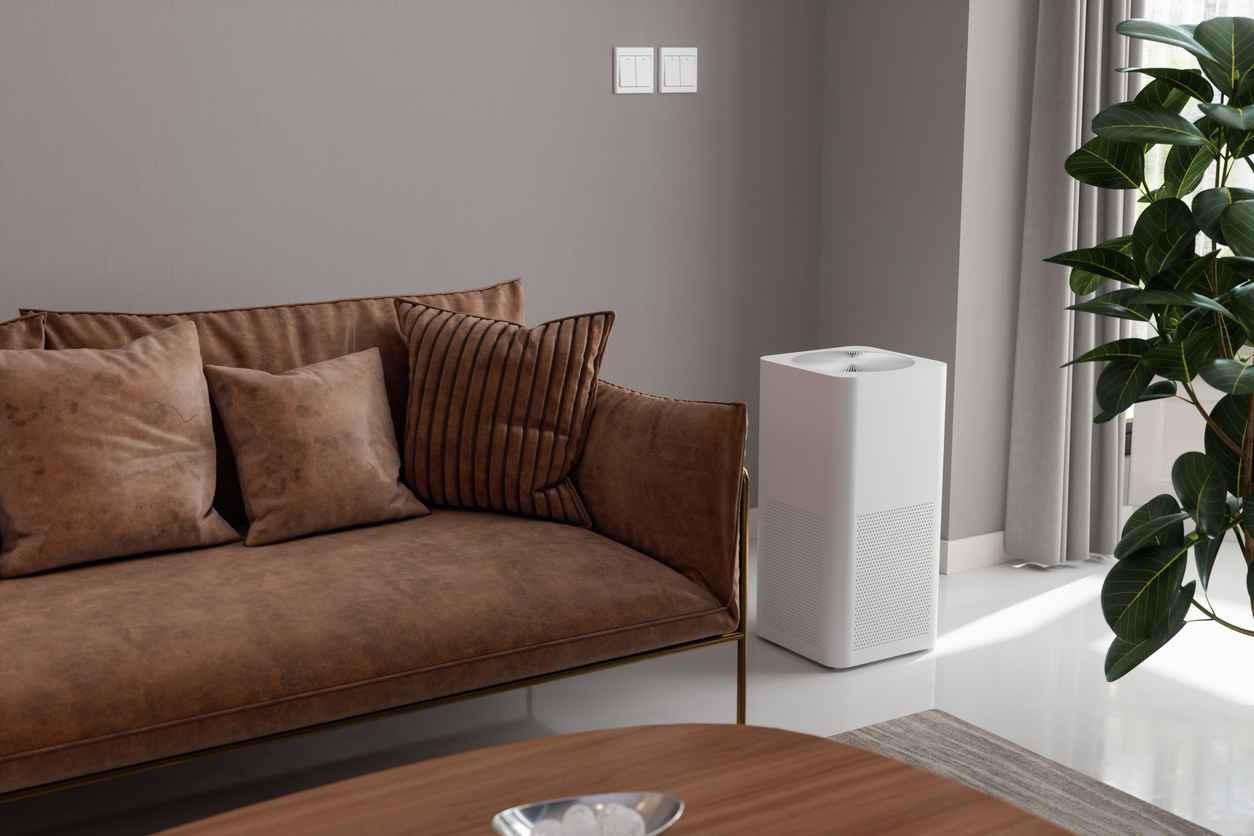
Top 10 Indoor Air Quality Myths & How to Test Your Home in RVA

What Causes Low Water Pressure in Your Home?
